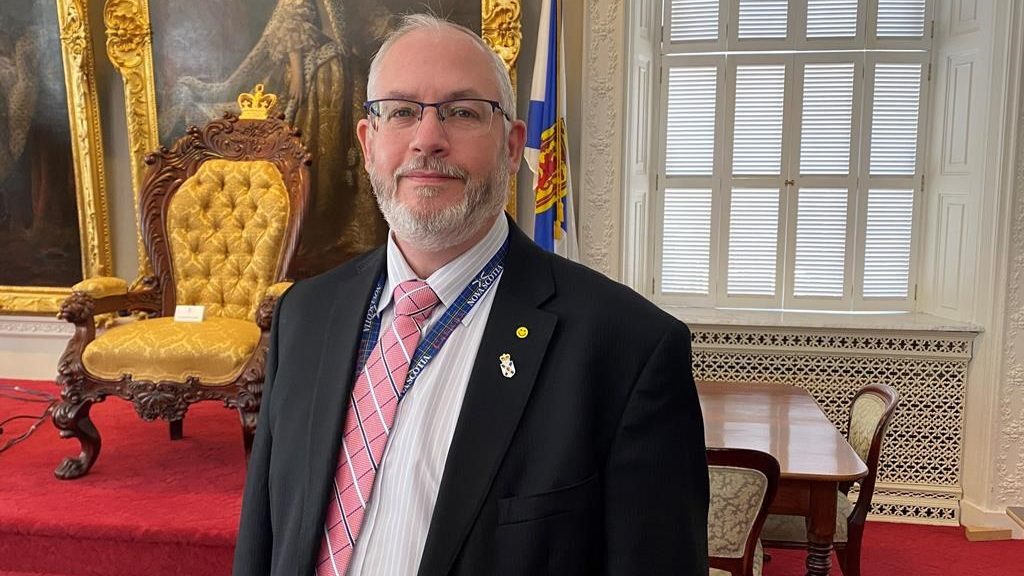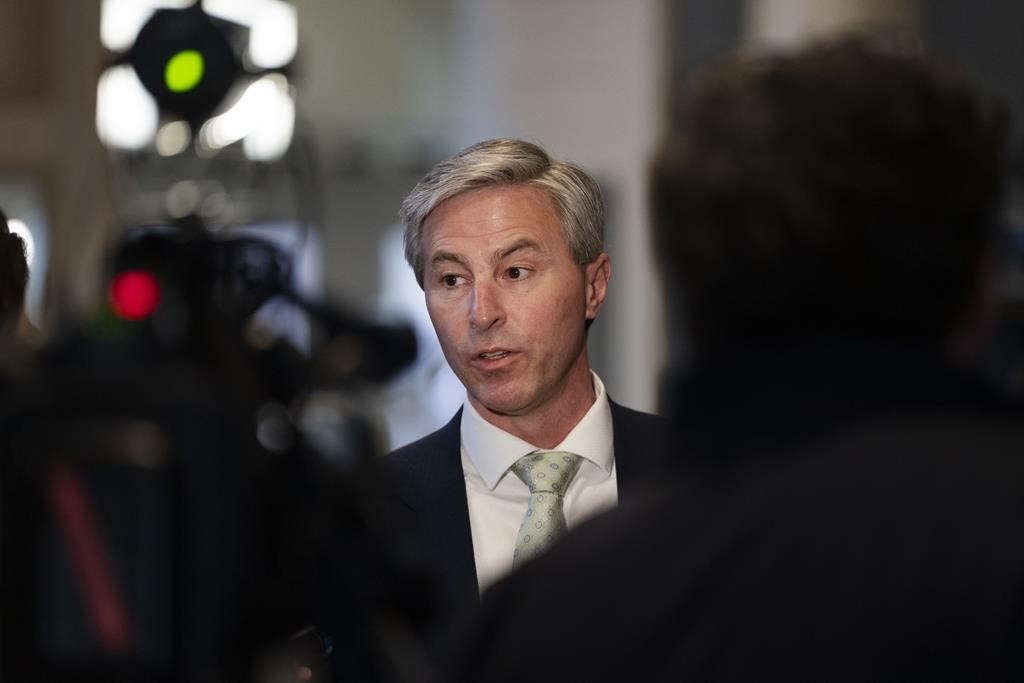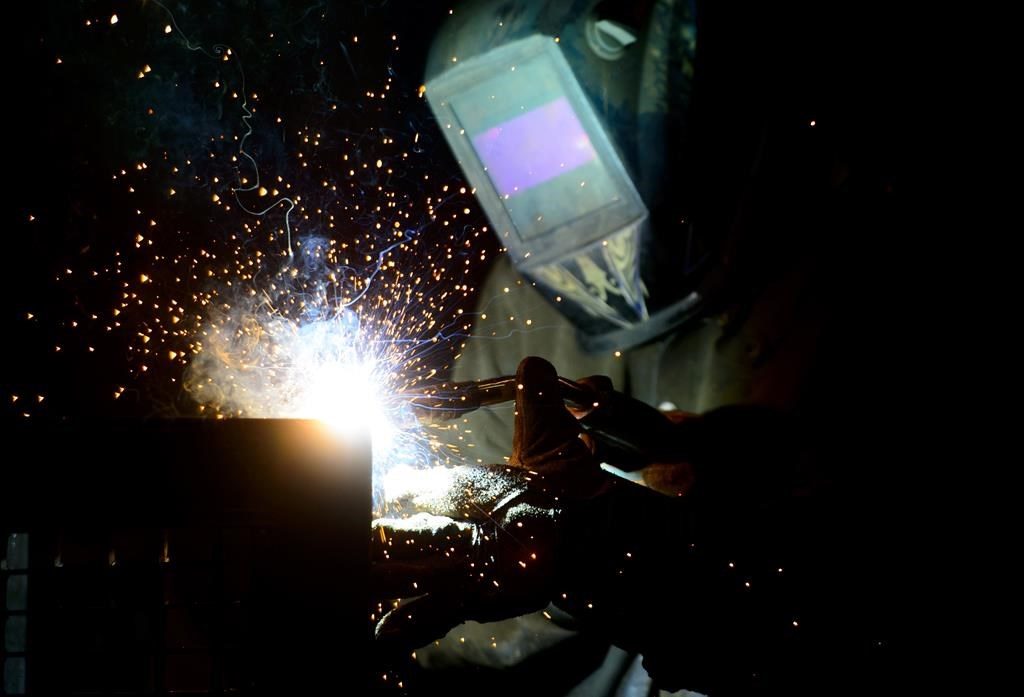Recent editorials published in Indiana newspapers
Posted Mar 6, 2018 02:01:54 PM.
Last Updated Mar 6, 2018 02:41:08 PM.
This article is more than 5 years old.
The (Munster) Times. February 28, 2018
Indiana pops cork on Sunday alcohol sales. It’s about time.
Gov. Eric Holcomb’s pen became a figurative corkscrew Wednesday, unleashing what once seemed an immovable stopper impeding Hoosier Sunday alcohol sales.
Our Region could hear the collective corks popping all the way from Indianapolis as Sunday sales became the law of the land for the first time in Indiana’s 201-year-history.
It’s about time.
Indiana consumers win with the convenience of being able to buy a six-pack, or any other packaged alcohol, from retail establishments on the same day as a Sunday football game.
A restriction in the bill will limit Sunday sales to between noon and 8 p.m., but it’s a move worthy of clinking glasses.
Businesses and tax revenue win even bigger with this new law, which takes effect this coming Sunday.An archaic law born of puritan heritage was impeding state commerce every seventh day, literally driving retail alcohol business across state lines.
Indiana no longer will hold the distinction of the only state prohibiting all retail alcohol sales on Sundays.
Overwhelming public support prompted the measure to become reality. State commission members, lawmakers and the governor deserve credit for listening, passing the measure in both chambers of the Legislature and delivering it for the governor’s signature into law.
In the future, expanding Sunday sales times to all-day and legalizing cold beer sales at retail businesses other than liquor stores are additional measures that would make Indiana more competitive in this business sector.
But until then, our state can toast a victory for consumers and commerce between noon and 8 p.m. Sunday.
___
The (Bloomington) Herald-Times. March 1, 2018
IU support for activism by students appreciated
Good for Indiana University officials for sending out this Tweet Saturday:
“For all our future Hoosiers: At IU, we encourage students to engage in meaningful, informed and civil discourse regarding difficult and important issues. Disciplinary action associated with participation in peaceful protest will not affect your admission decision in any way.”
Peaceful protest by high school students has emerged as the silver lining to the very dark cloud that was the Valentine’s Day shootings at Marjory Stoneman Douglas High School in Parkland, Florida. Some high school administrators around the country have defended their students’ right to protest, while others have threatened disciplinary action.
IU’s action makes clear which side it’s on.
IU asks applicants if they have been subject to formal disciplinary action for any reason, though disclosure of such action is not always cause for being denied entrance to IU. The message on Twitter was to reassure students that participation in peaceful protests even if it results in a disciplinary action won’t affect their admissions status.
That’s as it should be.
IU spokesman Chuck Carney explained IU’s stance: “What we’re talking about is students exercising free speech rights and speaking in a peaceful manner. We think that’s what students should be doing.”
High school students should be encouraged to engage in current events and learn about public policies. The interest in meaningful engagement only should increase as students transition to college campuses.
As a sidebar to the aftermath of the most recent school shootings, the idea of student involvement is consistent with the namesake of the high school where the tragedy occurred. Marjory Stoneman Douglas would be proud of the students’ activism and approve of support shown to those students by IU and other universities.
According to her biography in the National Women’s Hall of Fame, her work “raised America’s consciousness and transformed the Florida Everglades from an area that was looked upon as a useless swamp — to be drained and developed commercially — to a national park that is seen as a valuable environmental resource to be protected and preserved. After this successful campaign to preserve the Everglades as a national park, Douglas continued her work by founding the Friends of the Everglades, a conservation organization still active today.”
She was a journalist for The Miami Herald who wrote editorials about important issues to her community. After she left the newspaper in the 1920s to become an author, she continued her work to improve society: “campaigns against slum-lords and for improved housing conditions, for free milk for babies whose parents needed aid, and for the ratification of the Women’s Suffrage Amendment,” the biography states.
It’s sad that outside of Florida, her name will be linked more to a tragedy than to advances on public policies prompted by her activism. But it’s heartening that students are trying to make the world a safer place on behalf of what happened in the school that bears her name.
___
South Bend Tribune. March 1, 2018
Finding an innovative way to work
An innovative transportation program may not be the first thing that comes to mind when thinking about boosting a local community’s economy.
But city leaders hope that’s the end result as they pursue a new program to pair ride-sharing services with employers to help low-income and part-time workers get to their jobs.
Turns out an estimated 35 per cent of low-income workers in South Bend say the lack of reliable, affordable transportation is the biggest barrier to finding and maintaining employment. An American Communities Survey concludes more than 40 per cent of downtown households don’t own vehicles, with even higher concentrations of vehicle-less households on South Bend’s west side.
City leaders came up with an idea that caught the eye of Bloomberg Philanthropies, which is undertaking a nationwide competition to encourage cities across the country to come up with ideas to address some of their toughest problems.
One of the problems South Bend is facing is finding employees a reliable, cost-effective way to work, especially at odd hours of the night when public transportation is unavailable.
Being selected a finalist in the 2018 U.S. Mayor’s Challenge means the city will receive a $100,000 grant to begin developing the pilot transportation program.
The city will use data collected from employees and their workers and partner with ride sharing programs to determine the effectiveness of the program.
Communities nowadays must be creative in finding ways to bolster their local economies amid so much competition, and that includes transportation.
Any effort that could bridge the gap between transportation and employment benefits the entire community.
___
The (Fort Wayne) Journal Gazette. March 2, 2018
The buddy system
Indiana lawmakers like to remind us the short legislative sessions in even-numbered years don’t allow time to pursue the issues they would love to address. But language slipped in a bill to protect a Republican officeholder proves there always seems to be time to take care of political pals.
In this example, it’s Sen. Liz Brown, R-Fort Wayne, looking out for the interests of Allen County Councilman Robert Armstrong, whose second job was threatened by a new law allowing counties to dissolve their independent solid waste districts. Allen County chose to take advantage of the measure, which Brown authored. That presented a problem for Armstrong, who would have been forced to choose between his full-time job as an equipment operator for the waste district – paying about $50,000 a year – and his $16,455-a-year part-time job as a council member.
With solid waste district employees transitioning to county employees this week, Armstrong wins a reprieve with an amendment to House Bill 1233, addressing environmental matters. The language carves out an exception to state law barring employees from holding elected positions in their own governmental entities. Upon enactment, Armstrong will be cleared to complete the rest of his council term, which expires in 2020. He would not be allowed to cast a council vote on any matter concerning solid waste management. As the county’s fiscal body, County Council sets wages for all employees.
“It was an unintended consequence,” Brown said. “It’s only fair.”
It might be fair, but it’s the kind of political manoeuvring that breeds cynicism among voters. Plenty of Hoosiers face unfair consequences created by legislative dictates. Not everyone benefits from a legislative fix to his or her own predicament.
Kyle Kerley, a Fort Wayne Republican who was likely to have been a candidate in a party caucus to fill Armstrong’s vacated seat, put it best:
“It’s the right thing to do because that’s how the law was applied in the past and it was originally put into effect, but as somebody who follows politics closely, sometimes it seems they take extraordinary measures to pass bills that ultimately affect a very small minority of people. In this case it’s one person.”
And, more importantly, he asks how state representatives might better be spending the limited time they have.
_____










